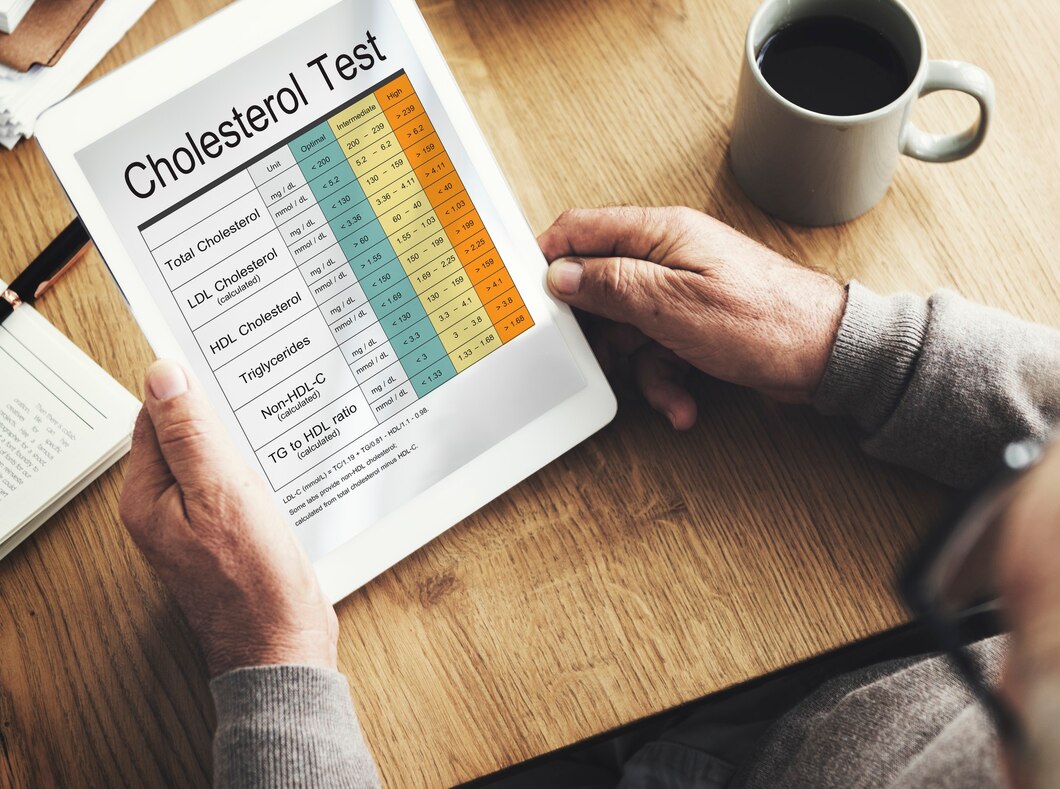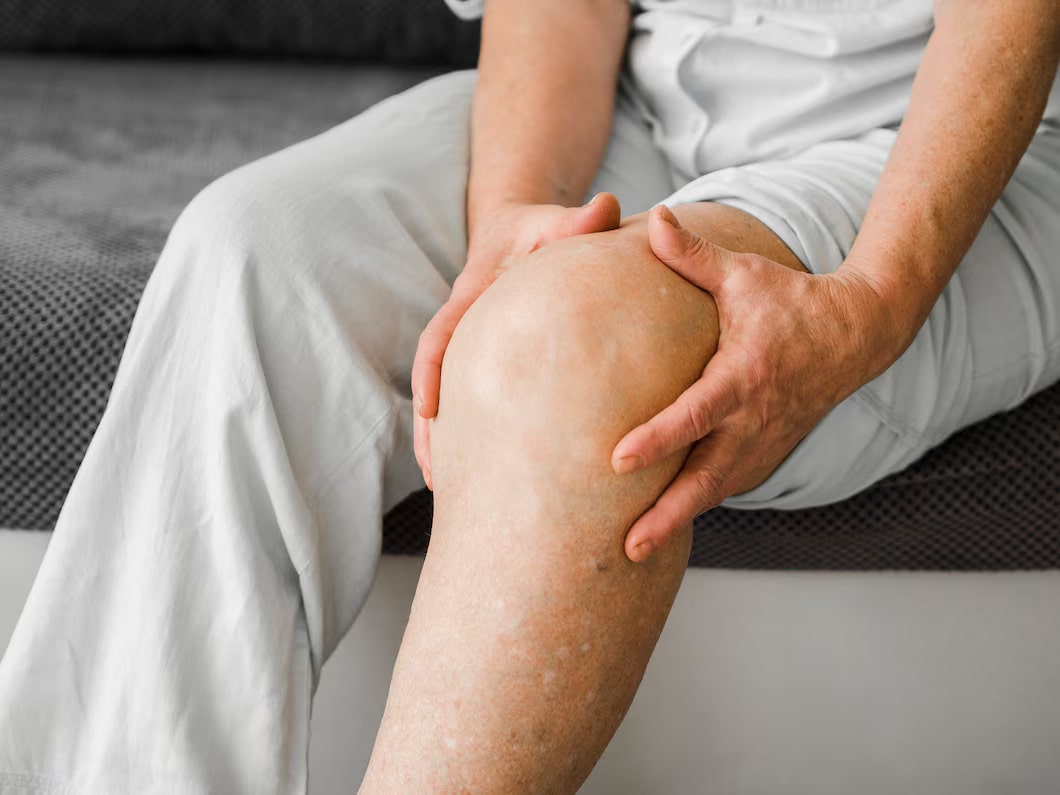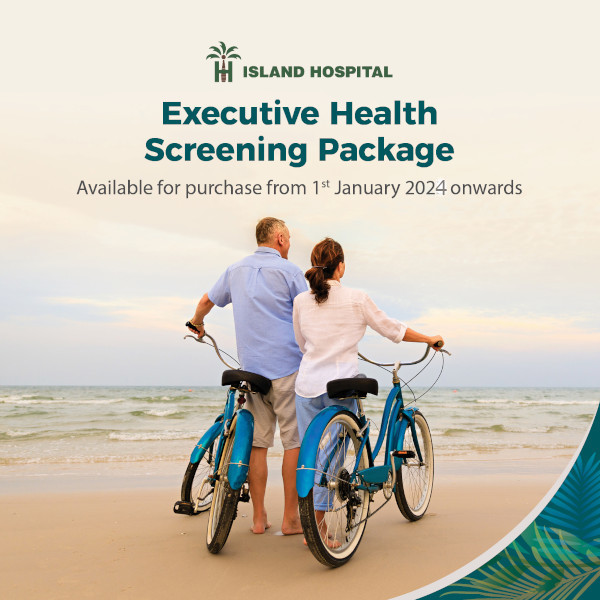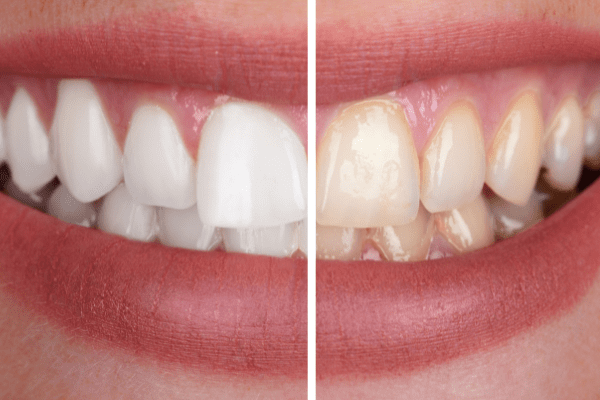
12 Sep 12 Things I Thought I Knew About Heart Disease – BUT ARE WRONG
12 Things I Thought I Knew About Heart Disease – BUT ARE WRONG
By Island Hospital | September 12, 2024 12:00:00 PM
Heart disease remains as the number one killer in many countries, yet there are still so many false perceptions about it.Therefore, it is time we unearth them before it is too late.
This article will debunk 12 common myths about heart disease to help you better understand your heart health and take practical steps to protect it.
1. Heart disease is a man’s disease.

Photo by Freepik
In women aged above 40, heart attack kills more people than all female cancers combined. Women who still have menstrual cycles are protected by their female hormones, and hence, are more prone to develop heart disease after menopause.
After which, they catch up with men on the risks. Nevertheless, younger women with risk factors, especially diabetes, tend to have similarly increased risks as with males. Do note that heart attack symptoms in women are often more vague and ‘non-specific’ compared to men.
2. Heart disease only affects older people.

Photo by Freepik
The build-up of cholesterol deposits (atheromatous plaque) in the heart arteries starts as early as late teens to the early twenties. This process (atherosclerosis) is progressive over the years and is accelerated by various factors such as:
- smoking,
- unhealthy diet,
- family medical history of heart disease, and
- physical inactivity.
Unfortunately, the progressive narrowing of the arteries tend to be a silent process, until significant blockage (above 70%) occurs.
3. I can’t have heart disease if I have no risk factors.

Photo by Freepik
Most people would be aware of diabetes, hypertension and smoking as risk factors. Sure, these are major factors. However, these factors can also increase the risk of heart disease:
- having a “pot belly” or a waist-to-hip ratio of more than 1,
- leading a sedentary lifestyle,
- having a diet with high content of sugar, meats, fried food, and insufficient vegetables.
Did you know you can have a low body weight and a high body fat percentage? Read this article on how Body Composition Analysis (BCA) offers detailed insights into your body makeup.
4. My parents lived into their 80s and did not have heart disease. So I won’t get it too.

Photo by Freepik
A positive family history (i.e. an immediate family member having heart disease, especially at an early age) increases one’s chances of developing heart disease. However, a negative history does not necessarily mean that you won’t get it.
During our parents’ time, people generally had more physical exertion, enjoyed a less refined and healthier diet, and thus, were usually less overweight, very unlike the current generation’s sedentary lifestyle and diet of processed food.
5. We just need to focus on overall cholesterol level.

Photo by Freepik
The whole number means little. It’s the profile that matters.
Cholesterol is a waxy substance. It’s not “bad”: your body needs it to build cells. But too much can be a problem.
There are two sources of cholesterol:
- Your body (mainly your liver) produces all the necessary cholesterol.
- Food from animals provides the rest.
Cholesterol can combine with other substances in the blood to form thick, hard deposits in your arteries. These deposits can narrow the arteries, making them less flexible. If a clot forms and blocks a narrowed artery, it can lead to a heart attack or stroke.
There are two types of cholesterol:
- LDL cholesterol is the “bad” kind.
- HDL cholesterol is the “good” kind.
Too much LDL — or insufficient HDL — increases the risk of cholesterol buildup in the artery walls, which supply blood to your heart and brain.
The higher the LDL level compared to HDL, the higher the risk of heart disease.
Triglycerides are the most common type of fat in your body. When you eat, any calories your body doesn’t need immediately are converted into triglycerides and stored in fat cells.
A high level of triglycerides, especially when combined with low HDL or high LDL, can contribute to fatty deposits in the arteries, raising the risk of heart attack and stroke.
6. I read all the food labels and only consume those that are cholesterol-free; I should be okay.

Photo by Freepik
Only foods from animal origin contain cholesterol. Hence, nuts, peanut butter, canola oil, grapeseed oil,are all cholesterol-free, but that doesn’t mean they are healthy. They could contain high amounts of saturated fats that cause chronic low-grade inflammation.
There has been increasing evidence that trans fats (fats that have been solidified by adding hydrogen) are even more harmful. Trans fat can be found in margarine, hydrogenated oils, bakery products, and fried foods
7. Heart attack symptoms are obvious like severe chest pains.

Photo by Freepik
Heart attack can actually be a silent killer. About a quarter of heart attacks produce no symptoms. At other times, a heart attack may mimic other conditions (e.g. gastritis, dizziness, backache). The discomfort may even go away after a few hours. Whichever way a heart attack shows itself, the same level of danger is present.
The message is: When in doubt, prioritise safety and have yourself checked by a cardiologist. It is better to be safe than sorry.
A health check-up can be done routinely to ensure you are on top of things.
Health screenings play an essential role in early detection and treatment of heart diseases. Learn more in our article on cardiac arrhythmia screenings!
8. I’ve already had a bypass operation / stent insertion performed. I am cured!

Photo by Freepik
Just because your dentist pulls out one rotten tooth doesn’t mean you don’t have to brush and floss your teeth regularly. The same goes with your heart.
The main factors why you developed heart disease, in the leading place, are still there (i.e. uncontrolled cholesterol levels, hypertension). Unless you diligently take the necessary medication and manage your lifestyle in the most optimally healthy way, the same problem may hit you again.
You’ve been given a 2nd chance; make the most of it.
9. The area where I live has better hospitals, doctors, and equipment. I should survive a heart attack.

Photo by Freepik
Approximately 40% of heart attack victims don’t get the chance to reach the hospital, so that leaves only the survivors to benefit from advanced medical care. How do you know you won’t be in the leading 40%?
10. “This pain in my legs must be a sign of ageing. I’m sure it has nothing to do with my heart.”

Photo by Freepik
Leg pain felt in the muscles could be a sign of a condition called peripheral artery disease (PAD). PAD results from blocked arteries in the legs caused by plaque buildup.
Peripheral artery disease (PAD) is a narrowing of the peripheral arteries to the legs, stomach, arms, and head — most commonly in the arteries of the legs. PAD is similar to coronary artery disease (CAD).
Both PAD and CAD are caused by atherosclerosis that narrows and blocks arteries in various critical regions of the body.
The risk for heart attack or stroke increases for people with PAD.
11. If you have heart disease, eat as little fat as possible.

Photo by Freepik
It’s true you should eat a diet low in saturated fat and avoid trans fat altogether. But other fats, notably the unsaturated fats in vegetable oils and other foods, are beneficial. In fact, eating fish high in omega-3 fatty acids, such as salmon, twice a week can lower the risk of heart disease.
Include low-fat dairy products, fatty fishes, nuts, and olive oil in your diet. If you eat meat, manage your portion each week. Be sure to keep these in mind when planning a heart-healthy diet.
12. You can lower your risk of heart disease with vitamins and supplements.

Photo by Freepik
It’s known that the antioxidant vitamins E, C, and beta carotene can help to lower heart disease risk. However, clinical trials of supplements of these vitamins have either failed to confirm the benefits or the trials were conducted in such a way that no conclusion could be drawn.
The American Heart Association has stated that there is no scientific evidence showing that these supplements prevent or treat cardiovascular disease.
The body absorbs and utilises vitamins and minerals best when they are acquired through foods. To ensure you get the vitamins and minerals you need, skip store-bought supplements and eat a wide variety of nutritious foods of every colour of the rainbow.
Take Charge of Your Heart Health Today!

Understanding the myths about heart disease is the first step in better managing your health. With accurate information, you can make smarter choices and reduce your risk of heart-related issues.
Ready to take proactive steps towards your health? Explore our Executive Health Screening Package and ensure you’re on the right track to a healthier future!
Book your appointment and start your journey to better heart health today!
FAQ
Can stress cause heart disease?
Yes, chronic stress can raise your blood pressure and increase the risk of heart disease. Stress may lead to unhealthy habits like overeating, smoking, or physical inactivity, all of which can worsen heart health. Managing stress through relaxation techniques, exercise, or therapy is crucial for long-term heart wellness.
Is heart disease only a problem for overweight people?
No, heart disease can affect anyone, even those at a healthy weight. Factors like genetics, smoking, high blood pressure, high cholesterol, and an inactive lifestyle can lead to heart disease, regardless of your weight. Regular check-ups and a healthy lifestyle are crucial to prevention.
Can a healthy diet alone prevent heart disease?
While a healthy diet is crucial to heart disease prevention, it is not the sole factor. Regular physical activity, maintaining a healthy weight, managing stress, and avoiding smoking are all essential for reducing heart disease risk. A comprehensive approach that includes these elements and a balanced diet, is the most effective way to protect your heart health.
Related Doctors
| Derived from | Complications |
|---|






